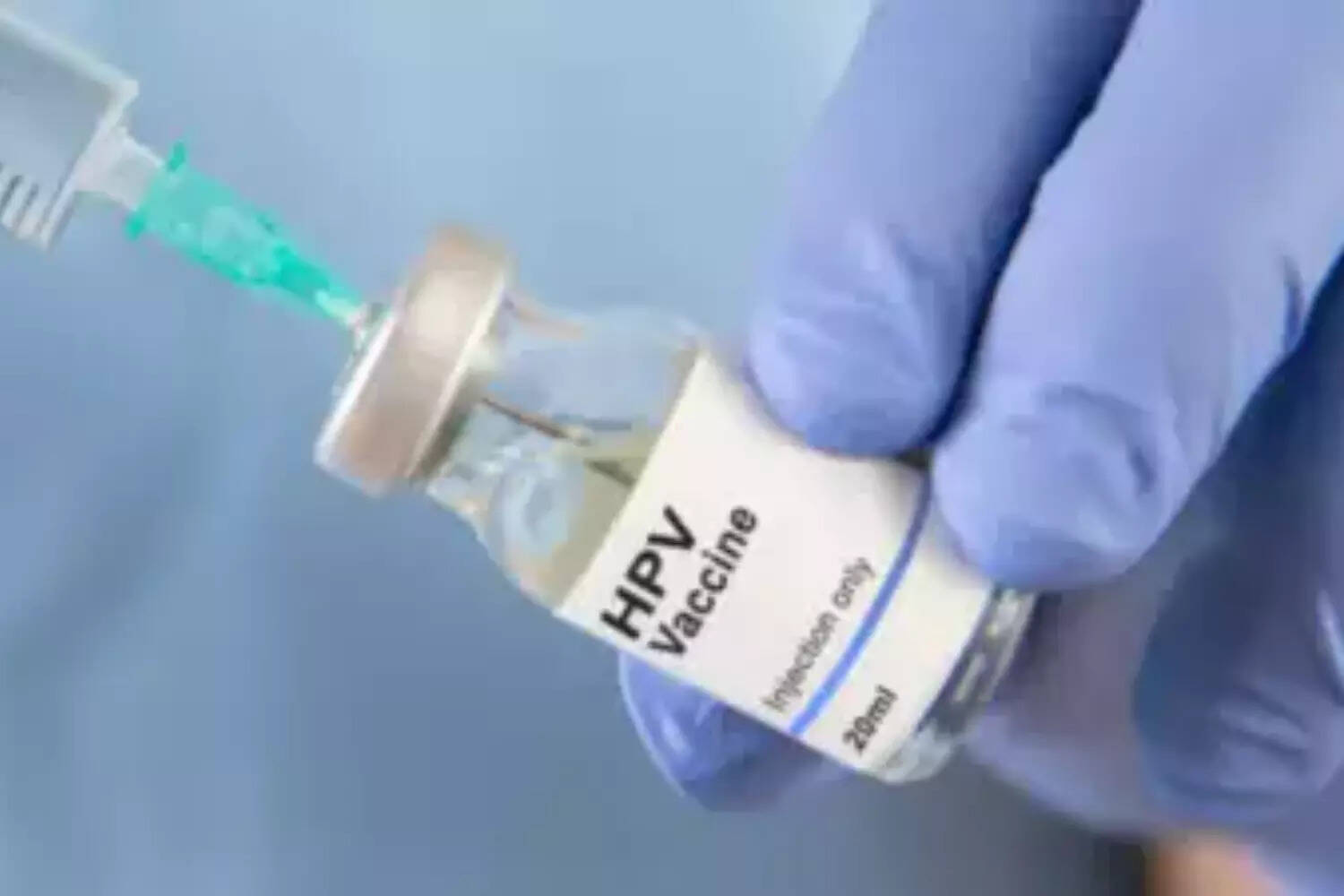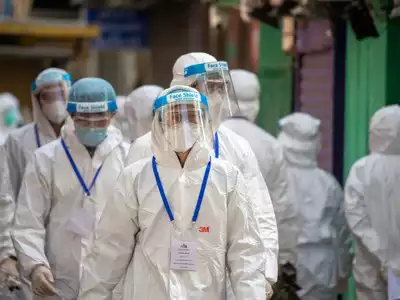It’s not often that a scholarly book, which promises to explore medicine and the ‘new human’, as you put it, has such an eloquent title, ‘The Song Of The Cell’. It’s almost as if you’re privy to some secret musical performance by the cells in our bodies… where did this title come from?
Well, the title of the book came quite late, in the sense that I had almost written the entire book. And then I began to realise two things. One is that every cell in our bodies, except for a few, essentially shares the same genetic code, the human genome. But each cell takes that same human genome and makes a unique, I would say, song out of it. In Indian classical music, you have the same set of notes that comprise a raga, but each musician will interpret it differently. However, the code is the same. Now, much like a raga, the genome itself is lifeless, it’s the cell that brings it to life, if you want to use a little bit of poetic license, by ‘singing it out’. Hence ‘The Song Of The Cell’ because each cell is singing out, really, a different tune from the same score.
The second interpretation is that we have a deepened understanding of individual cells, but we are still trying to figure out how these pieces fit together. So, a song is not just something that you have internally, but it’s also communication between cells, which are not sitting in a vacuum. They are coordinating their activities in the human body. And therefore, it is almost like an orchestra.
In your introduction, you present your idea of the ‘new human’ and clarify that you do not mean a character from science fiction. You are referring to a human who’s built anew. However, be it gene modification or cellular therapy, there are many ethical debates going on about them. And, in fact, a lot of fear and scepticism as well, even against science itself. What is your stand on such debates?
The last few chapters of the book are really dedicated to these kinds of fears, scepticism, ethical considerations, etc. In my second book, (The Gene: An Intimate History) I laid out almost a kind of triangle, which I call the ethical triangle, within which we can operate and outside which we begin to run into trouble.
One edge of this ethical triangle is the concept of suffering and extraordinary suffering. In other words, we are making radical interventions into human bodies, but the goal of these interventions is not augmentation, but rather the relief of suffering.
The second edge of the triangle is what I would call scientific confidence, and safety. We have a level of judgment and confidence that they are likely to alleviate the extraordinary suffering, they’re not just done for the sake of doing them. And that they’re safe. When we perform these interventions, we do them after we’ve rigorously analysed them, hopefully through unbiased clinical trials that have really inspired our own confidence. We’ve applied our own scepticism to them, and they have conquered our concerns. The third is what I call the humanistic aspect. This involves patient consent, absence of fear and absence of state-specified pressures that patients might feel and the presence of choice, autonomy and agency.
I think if all three conditions in this triangle are met, and we stay within their purview, we can actually do some important medical good.
You have recently spoken movingly about dealing with your own depression as well as about the relatively under-explored connections between cancer and depression. You said you instinctively looked at cells for an explanation. How can cells help researchers understand depression better?
Let’s think a little bit about the complexities of a mental illness like depression. It can be very debilitating and is much deeper than sadness. It is a sense of grief, a feeling of inability to ever experience joy. It’s very clear that there are psychosocial, situational things that initiate and modify mental illness, such as depression. In my case, it was the death of my father. No one is claiming that the cause of depression is entirely sitting in your brain. But ultimately, these psychosocial, environmental, and situational influences modify the mood-regulating neurons, neuronal circuits, and hormonal circuits in your body and brain. And this is the mechanism by which you get the subjective feeling of intensive grief, the inability to move — the so-called psychomotor retardation of depression.
More importantly, when you bring up the idea that a mental illness has a physical cause, you begin to remove some of the stigmas because people say, you’re depressed, slap yourself out of it, right? But you can’t slap your neurons out of something. No one says slap your cancer and you’ll get out of your cancer. Once you understand there’s a physical, biological and chemical basis to an illness, you naturally reduce the stigma that is associated with that illness. The second thing is, you begin to understand it at a causal or mechanistic level. Once you do, you think of therapies, treatments, and drugs to treat it. Thirdly, it helps you develop empathy towards the person who is undergoing this insoluble form of grief that we have recognised for millennia as depression.
Tell us a bit about your start-up in Bengaluru and the clinical trials that are on over the past year. How do you intend to address the elephant in the room — making cancer treatment affordable?
We are certainly one of the first and among the leaders in bringing T-cell or CAR T-cell therapies, which is an entirely novel form of cellular therapy that can be curative, and that’s the crucial word, curative, for patients with relapsed refractory leukaemias, lymphomas and other diseases. These are often patients who are no longer responsive to standard chemotherapies. So, their chances of dying from the disease are 100%.
Genetically engineered T cells are capable of killing these cancers even after they have become relapsed and refractory. It is an incredible technology. We are in the process of developing our own proprietary T cells. Making these is, I would say, akin to sending a rocket to the moon. And I’m very proud to be a part of this effort. Trials have been going on for the past year or so and we are the first to do a phase-two B clinical trial. The results have been astonishing. These products are not just evaluated for their safety but for their effectiveness as well. So yes, the cost is an elephant in the room. We are trying every piece of ingenuity to bring the price down. That said, if you are sending a rocket to the moon, there is a certain point beyond which we cannot bring the price down. We have to make a novel virus, genetically engineer cells, and adhere to the safety standards. You should think of this effort as the first step in a very long journey. If scientists had never started the journey, the first computer would never have been built. The making of the first computer cost several million dollars, never mind the computer itself. The cost of sequencing the first genome in humans was almost a billion dollars. Right now I’m sequencing genomes for anything between 300-600 US dollars. So prices are almost always reduced as volume expands, as experience expands. And so the elephant in the room becomes smaller and smaller. The idea is to ultimately make that a baby elephant!
You are not afraid to write emotionally — you include a lot of personal stories, of people whom you have treated and known intimately. This must be difficult both as a writer and a medical professional?
I think vulnerability as a writer is very important to all forms of writing, not just writing about medicine. Readers want to know what your voice is, and who you are. Ironically, the more vulnerable you are as a writer, the more readers trust you because they understand that you aren’t speaking to them from some lofty position. We have this perception of the doctor as some kind of omnipotent figure who doesn’t experience grief and carries on mechanically. But, in fact, that’s not true. Medicine is a very emotionally complex profession. And I want to explore all of that. Without that, I think I would be a lesser human being, let alone a lesser writer.
What kind of reader are you? Do you have any favourite authors?
I’m a prolific reader. I read everything I can. If you hand me a paper flyer, I will read that too! I tend to read poetry a lot. Emily Dickinson is a favourite. I’ve made the requisite pilgrimage to her house in Amherst, Massachusetts. I went with my daughters. And what’s quite lovely is, you know, we have all these imaginations about how people write… Emily Dickinson wrote on a small desk overlooking a window. And from that desk, she reinvented modern poetry for all we know.
I read you are trained in music, but you stopped yourself from singing because you said there is not enough grief in your music. Has anything changed?
Well, yes, I was trained and I actually continue to train in music. Music is very much a part of my life. I listen to all kinds of genres — jazz, Indian classical, flamenco…I have very broad tastes in both music and reading. In fact, I perform anonymously, that is, I perform Indian classical music with an ensemble, a mix of jazz, blues and Indian classical music. The group’s called Jog Blues (taking off from the Raga Jog, a midnight raga, and hence, blues).










![Best Weight Loss Supplements [2022-23] New Reports!](https://technologytangle.com/wp-content/uploads/2022/12/p1-1170962-1670840878.png)




